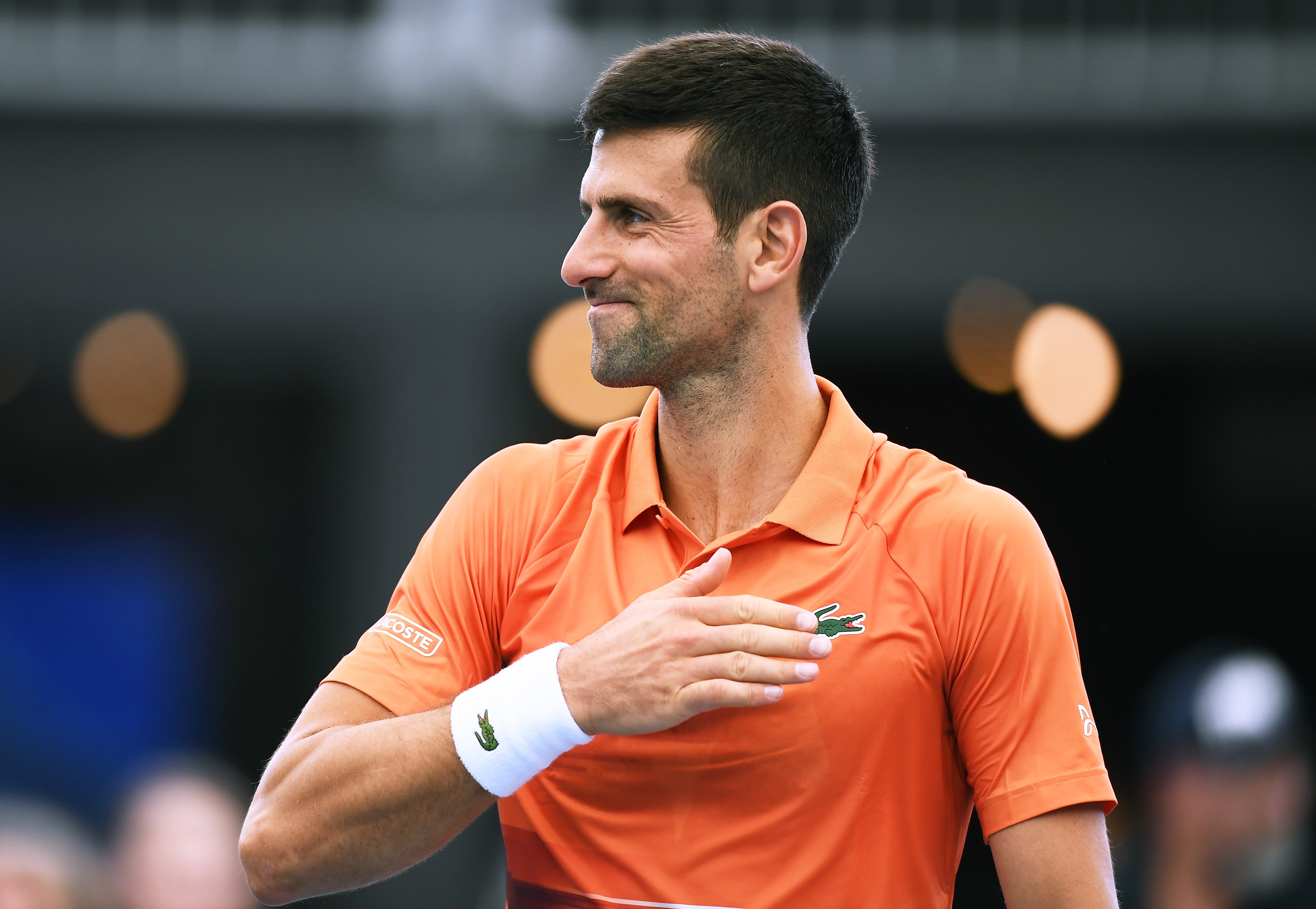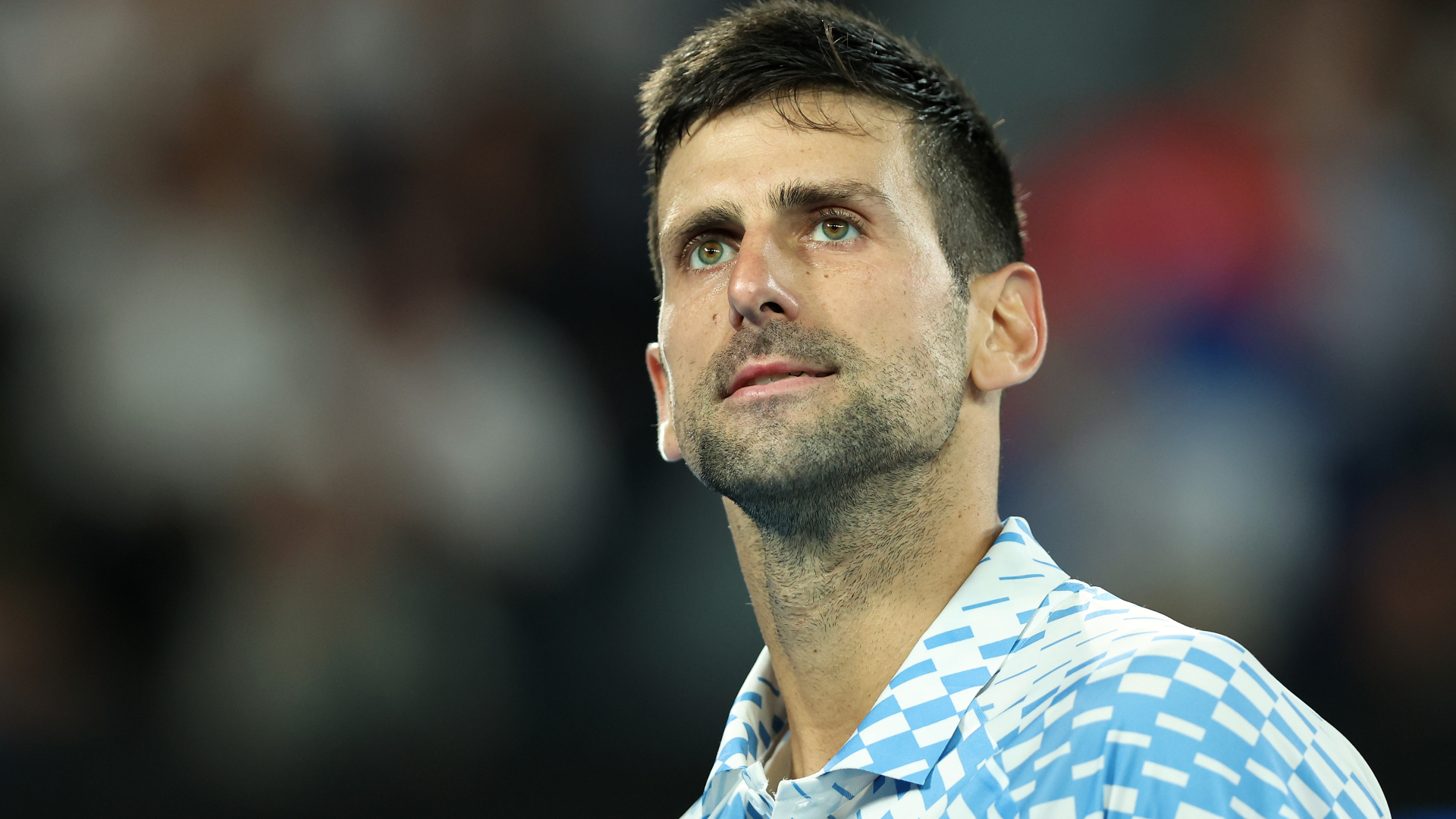Escalating Tensions: Trump's Options On Russia And Putin's Actions

Table of Contents
During his presidency, Donald Trump's relationship with Russia was marked by considerable controversy. Allegations of Russian interference in the 2016 election, coupled with Trump's seemingly accommodating rhetoric towards Putin, fueled intense debate and scrutiny. Understanding this complex dynamic is crucial to comprehending the challenges faced by the US in navigating its relationship with Russia.
Putin's Actions and Their Global Impact
Putin's actions have had profound and far-reaching consequences on the global stage, significantly impacting international security and stability.
The Ukraine Conflict and Annexation of Crimea
The ongoing conflict in Ukraine, culminating in Russia's illegal annexation of Crimea in 2014, represents a blatant violation of Ukrainian sovereignty and international law. This act of Russian aggression triggered widespread international condemnation, leading to sanctions and diplomatic efforts to resolve the crisis.
- Specific Actions: Russia's military intervention in eastern Ukraine, support for separatist groups, and the annexation of Crimea.
- International Responses: Economic sanctions imposed by the US, EU, and other countries; diplomatic initiatives by international organizations like the UN; and efforts to provide humanitarian aid to Ukraine.
- Humanitarian Crisis: The conflict has resulted in a significant humanitarian crisis, with widespread displacement, casualties, and destruction of infrastructure.
- Impact on NATO and European Security: The annexation of Crimea and the ongoing conflict in eastern Ukraine have heightened security concerns for NATO and European countries, leading to increased military spending and deployments. The violation of international norms has shaken the foundations of European security architecture.
Russian Interference in US Elections
Allegations of Russian interference in the 2016 US presidential election, investigated extensively by the Mueller investigation, remain a significant point of concern. The investigation revealed a sophisticated campaign of election interference involving cyber warfare, disinformation campaigns, and social media manipulation aimed at undermining the US democratic process.
- Methods of Interference: Hacking of political emails, spread of disinformation through social media, and attempts to influence voter behavior.
- Impact on the Election Outcome: While the Mueller report did not establish a criminal conspiracy between the Russian government and the Trump campaign, it documented extensive Russian interference efforts. The full impact of this interference on the election outcome remains a subject of debate.
- Implications for US Democracy: The successful interference attempts highlighted vulnerabilities in US democratic institutions and the need for stronger safeguards against future foreign interference.
Other Aggressive Actions by Russia
Beyond Ukraine, Russia's assertive foreign policy includes other concerning actions, such as its military intervention in Syria, its support for authoritarian regimes, and its expanding cyberattack capabilities. These actions represent a challenge to the existing international order and raise serious concerns about global stability.
- Russian Military Expansion: Russia's military presence in Syria, its involvement in conflicts in other regions, and its modernization of its military capabilities.
- Authoritarian Support: Russia's support for authoritarian regimes worldwide, undermining democratic institutions and furthering instability.
- Cyberattacks: Russia's sophisticated cyber capabilities, used for espionage, sabotage, and interference in foreign affairs. These capabilities pose a serious threat to national security worldwide.
Trump's Limited Options and Responses
Confronting Putin's actions presented significant challenges for the Trump administration, requiring a careful balancing act between deterrence and escalation.
The Challenges of Confronting Putin
Effective responses to Putin's actions require a multifaceted approach, considering the potential risks of military escalation while pursuing diplomatic solutions and deterrence strategies.
- Sanctions: Economic sanctions can be effective in pressuring Russia, but they can also have unintended consequences and may not always be sufficient to alter Russia's behavior.
- Diplomacy: Diplomatic engagement is crucial in de-escalating tensions and finding peaceful resolutions, but it can be challenging when dealing with an adversary unwilling to compromise.
- Military Intervention: Military intervention is a last resort, carrying significant risks of escalation and potentially leading to a wider conflict.
Trump's Policies Towards Russia
Trump's policies towards Russia were marked by inconsistencies and controversies. His apparent reluctance to confront Putin directly, coupled with his expressed desire for improved relations, drew considerable criticism.
- Sanctions Relief: Trump's administration faced criticism for its perceived reluctance to impose or enforce sanctions against Russia.
- Diplomatic Engagement: While diplomatic engagement was pursued, critics argued that it lacked sufficient leverage to address Russia's aggressive actions.
- Criticism of NATO: Trump's criticism of NATO and other international alliances raised concerns about the weakening of Western unity and its impact on deterring Russian aggression.
The Domestic Political Landscape
Trump’s foreign policy decisions were further constrained by the domestic political landscape, facing bipartisan opposition and public opinion pressures.
- Domestic Political Pressure: Congressional oversight and public scrutiny added to the challenges of pursuing a consistent and effective foreign policy towards Russia.
- Congressional Oversight: Investigations into Russian interference in the 2016 election and other related matters added to the political pressures facing the administration.
- Public Opinion Polls: Public opinion consistently showed low approval ratings for Trump's approach to Russia.
Conclusion: Understanding Escalating Tensions: Trump's Options on Russia and Putin's Actions
In conclusion, understanding US-Russia tensions requires a nuanced appreciation of the limitations placed on Trump's options by the gravity of Putin's actions. Putin's actions, from the annexation of Crimea to interference in US elections and support for authoritarian regimes, represent a significant challenge to the international order. Trump's responses, often marked by inconsistency and controversy, were constrained by domestic political pressures and the inherent complexities of dealing with a powerful and assertive adversary. To effectively address escalating tensions, continued analysis of Putin's actions and critical evaluation of past and future responses to Russia's behavior are vital. Stay informed about ongoing developments in US-Russia relations and engage in thoughtful discussions about the best path forward to address these critical issues and mitigate the risks to global stability.

Featured Posts
-
 8 Pilihan Oleh Oleh Kuliner Bali Yang Wajib Anda Coba Selain Pie Susu
May 28, 2025
8 Pilihan Oleh Oleh Kuliner Bali Yang Wajib Anda Coba Selain Pie Susu
May 28, 2025 -
 Millions Stolen In Office 365 Executive Email Compromise Fbi Reports
May 28, 2025
Millions Stolen In Office 365 Executive Email Compromise Fbi Reports
May 28, 2025 -
 A Bittersweet Roland Garros Nadals Farewell And Sabalenkas Win
May 28, 2025
A Bittersweet Roland Garros Nadals Farewell And Sabalenkas Win
May 28, 2025 -
 Six Years Of Psalm West Kim Kardashians Sons Birthday Bash
May 28, 2025
Six Years Of Psalm West Kim Kardashians Sons Birthday Bash
May 28, 2025 -
 Leeds United Transfer News Verbal Agreement Reached Players Stance Revealed
May 28, 2025
Leeds United Transfer News Verbal Agreement Reached Players Stance Revealed
May 28, 2025
Latest Posts
-
 Bondar Ve Waltert Megarasaray Hotels Acik Turnuvasi Ciftler Sampiyonu Oldu
May 31, 2025
Bondar Ve Waltert Megarasaray Hotels Acik Turnuvasi Ciftler Sampiyonu Oldu
May 31, 2025 -
 Novak Djokovic Bir Rekor Daha Bir Ilke Daha
May 31, 2025
Novak Djokovic Bir Rekor Daha Bir Ilke Daha
May 31, 2025 -
 Novak Djokovic In Esi Benzeri Olmayan Rekoru
May 31, 2025
Novak Djokovic In Esi Benzeri Olmayan Rekoru
May 31, 2025 -
 Novak Djokovic Tenis Tarihine Gecen Bir Basari
May 31, 2025
Novak Djokovic Tenis Tarihine Gecen Bir Basari
May 31, 2025 -
 U Conn Athletics Six Teams With Unbeaten Multi Year Apr Records
May 31, 2025
U Conn Athletics Six Teams With Unbeaten Multi Year Apr Records
May 31, 2025
